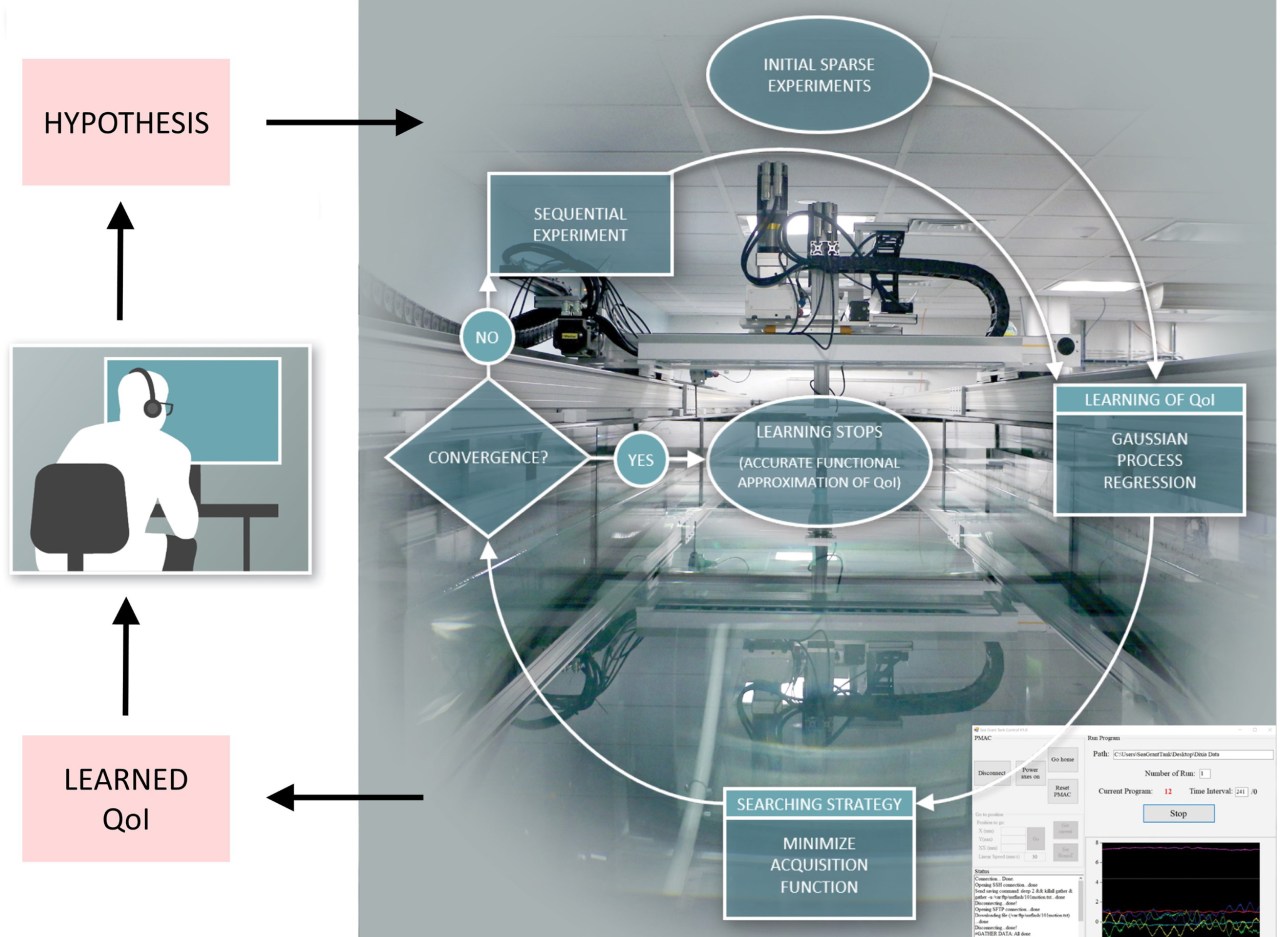In the realm of scientific discovery, the cyclical nature of experimentation can often feel tedious. However, a groundbreaking development in robotic technology has promised to transform this landscape. The MIT Intelligent Tow Tank (ITT) is not just any robot; it’s a revolutionary scientific collaborator that conducted a staggering 100,000 experiments in just one year. This paradigm-shifting platform is changing the way we view repetitive experiments, particularly in fields such as fluid dynamics.
The Power of Automation in Science
Scientific research often involves endless cycles of trials, where patterns are sought after in complex systems. For example, the study of vortex-induced vibration is crucial in optimizing designs for vessels traveling through water. Traditionally, a graduate student or researcher would need to painstakingly observe and document these experiments, often leading to burnout and wasted resources. The ITT, however, has the capability to take on these labor-intensive tasks.
How does it work? The ITT is designed to not merely execute experiments, but also intelligently observe and adapt. It engages in a process of continual learning: dragging various objects through water, analyzing the outcomes, and adjusting setups based on its findings. This allows it to not only complete experiments but also refine them dynamically.
From Theory to Practice: The Role of the ITT
The automation of these mundane tasks frees up researchers to dedicate their mental resources to higher-level problem-solving and creative thinking. The researchers behind the ITT highlight that it essentially performs the equivalent of a Ph.D. student’s work every two weeks, a process that would traditionally take years for a human to achieve.
- Increased Efficiency: The ITT accelerates the experimental phase, allowing for quick adjustments and iterative testing.
- Expanded Exploration: By managing vast parametric spaces, the robot can rigorously test scenarios that may have been impractical or overlooked in human-led research.
- Collaboration Opportunity: The ITT exemplifies a new collaborative environment, where humans and robots can work in concert to drive scientific discovery.
A Leap Towards Intelligent Research
Automation in scientific research is not just a dream but a tangible reality, as demonstrated by the advancements of the ITT. Other institutions, such as Carnegie Mellon University (CMU), are also exploring similar pathways, confirming that the future of experimentation may heavily involve robotic entities performing high-volume experiments. This shift opens the door to a new era where data-driven insights can emerge faster than ever before.
This collaborative model signifies a turning point in experimental methods, ultimately leading to accelerated discoveries in various fields. With the help of robots, researchers can venture into complex domains rife with unknowns, as computational power and machine learning capabilities enhance the speed and scope of study.
Conclusion: The Rising Tide of Robotic Scientists
As we stand on the brink of a new scientific frontier, the potential for robotic automation in research becomes increasingly clear. The Intelligent Tow Tank from MIT is just the beginning. As more institutions adopt similar technologies, we can anticipate unprecedented advancements in knowledge and innovation. Scientists will be able to allocate their time and energy more effectively, focusing on creative problem-solving rather than monotonous tasks.
At fxis.ai, we believe that such advancements are crucial for the future of AI, as they enable more comprehensive and effective solutions. Our team is continually exploring new methodologies to push the envelope in artificial intelligence, ensuring that our clients benefit from the latest technological innovations.
For more insights, updates, or to collaborate on AI development projects, stay connected with fxis.ai.

